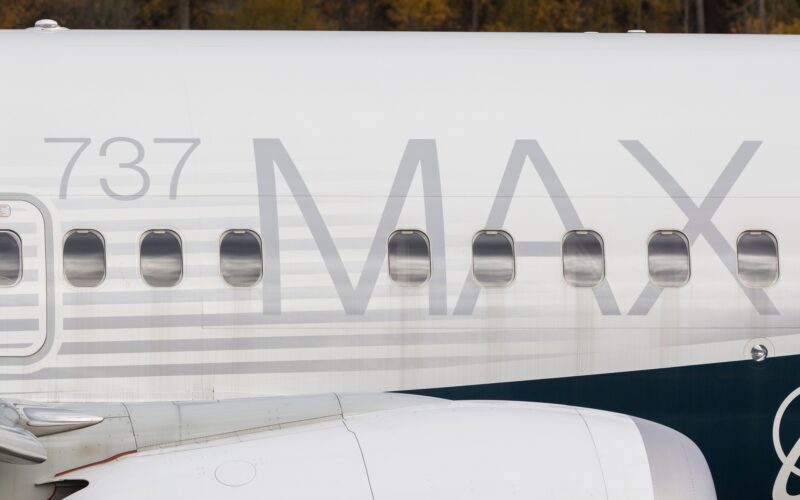The United States (US) Federal Aviation Administration (FAA) has issued a new airworthiness directive (AD), attempting to tackle accidental Boeing 737 emergency slide deployments.
According to the FAA, the AD was issued following reports “of uncommanded escape slide deployments in the passenger compartment, caused by too much tension in the inflation cable and the movement of the escape slide assembly in the escape slide compartment”.
“The FAA is issuing this AD to address inflation of the escape slide while it is in the escape slide compartment, which could result in injury to passengers and crew during normal operation, or impede an emergency evacuation by rendering the exit unusable,” the government agency said.
The uncommanded deployments have occurred while the aircraft were on the ground, caused by too much tension in the inflation cable and the movement of the escape slide assembly during normal aircraft operations.
As a result, operators of Boeing 737-600, 737-700, 737-700C, 737-800, 737-900, 737-900ER, and certain 737 MAX-8 and MAX-9 aircraft will need to conduct inspections and apply correctional actions, if required.
The FAA instructed operators of affected aircraft to inspect all escape slide assemblies to identify affected parts and apply on-condition action. According to its estimates, the inspections or maintenance records reviews will cost $170 in labor, while the replacement of the escape slide assemblies is estimated to cost $19,085 per aircraft, including parts and labor.
AIRDO, Singapore Airlines, and Southwest Airlines have requested the FAA to allow operators to review maintenance records to determine the part number of the escape slide assemblies. Southwest Airlines argued since the part has a limited lifespan, maintenance records can help identify the part number, while AIRDO noted “that the escape slide is controlled by the operator’s maintenance system, so it will be easier to use a maintenance record to identify the part number”.
The FAA has agreed with the request.
Meanwhile, American Airlines asked the agency for the directive to prohibit installing certain escape slides, to which the FAA responded that installing parts that do not meet the AD’s requirements violates the Code of Federal Regulations (CFR). “Operators have an ongoing obligation to ensure that the AD-mandated configuration is maintained,” added the FAA.
The AD was adopted with minor editorial changes.
In total, the FAA has estimated that the inspections should involve 2,502 Boeing 737s of various generations in the US. The effective date of the AD is June 29, 2023.

